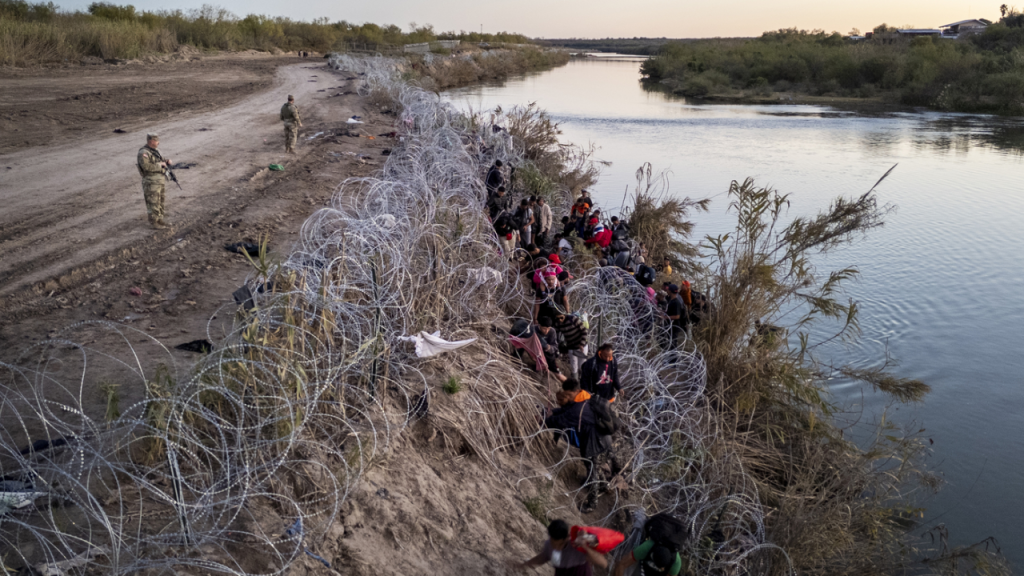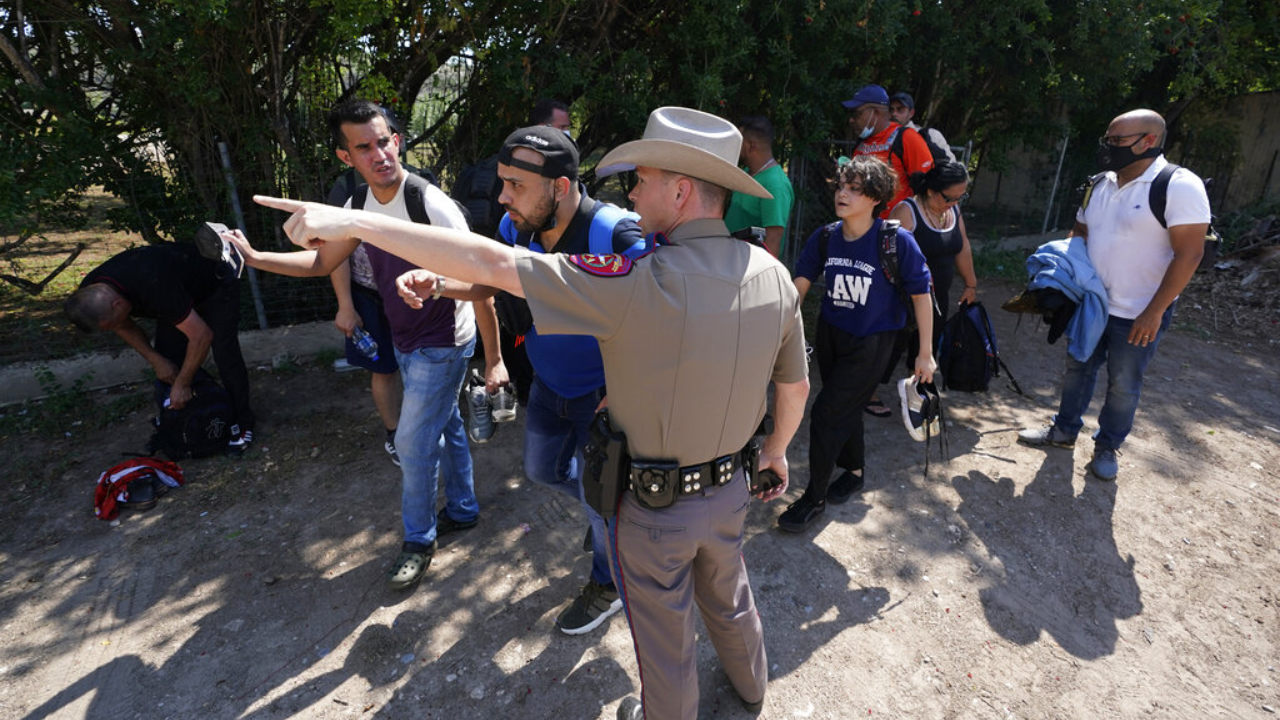Texas Governor Strictly Regulates Immigration to Deport and Arrest Migrants!
In a significant move that underscores the escalating debate over immigration in the United States, Texas Governor Greg Abbott has signed SB4, a rigorous state immigration law, set to take effect in March 2024. This legislation grants Texas law enforcement sweeping authority to arrest and seek the deportation of migrants suspected of illegal border crossings, marking a bold step in the state’s approach to immigration control.
Under SB4, Texas law enforcement officials are empowered to stop, arrest, and jail migrants on the grounds of state-level illegal entry charges. This authority extends to enabling state judges to issue orders that effectively serve as de facto deportation mandates.
The law characterizes illegal immigration as a state crime, introducing varying degrees of punishment based on the severity of the offense. A key provision includes the authority for migrants to be ordered to return to Mexico, although the logistics of how this enforcement will be executed remain somewhat ambiguous.
The enactment of SB4 is a direct challenge to the Biden administration’s immigration policies. It aligns with Texas’ broader strategy, which includes busing migrants to Democratic-led cities and utilizing National Guard units to deter migrants at the border. These measures signify a state-led initiative to assert more control over immigration, in contrast to federal policies.

The law has ignited a firestorm of criticism from various quarters. Democratic lawmakers, the Mexican government, and civil rights groups, including the American Civil Liberties Union (ACLU), have voiced strong objections. The ACLU has announced plans to challenge the legality of SB4, arguing that it infringes upon federal immigration authority and raises serious civil rights concerns.
Critics argue that SB4 may lead to racial profiling and unjust detentions, fearing it could exacerbate tensions in border communities. Moreover, the law raises questions about the treatment of migrants and the potential for human rights violations.
Supporters of SB4, however, argue that the law is necessary to curb illegal immigration and protect the state’s borders. They assert that federal policies have been inadequate in addressing the influx of migrants, necessitating state-level action.
The implications of SB4 are far-reaching. It not only alters the landscape of immigration enforcement in Texas but also sets a precedent for other states considering similar measures. The law’s enactment is a clear indicator of the growing divide in the U.S. over immigration policy, a divide that reflects broader political and ideological cleavages in the country.

As SB4 prepares to take effect, its legal, social, and political ramifications will be closely monitored. The law’s impact on migrant communities, law enforcement practices, and interstate relations will be significant factors in shaping the ongoing debate over immigration in the United States.
Read More: This City Has Been Selected as the Worst Place in New York for Living!
This City Has Been Selected as The Worst in New York for Living!
Oklahoma Governor Defunds Public College DEI Programs by Executive Order!

